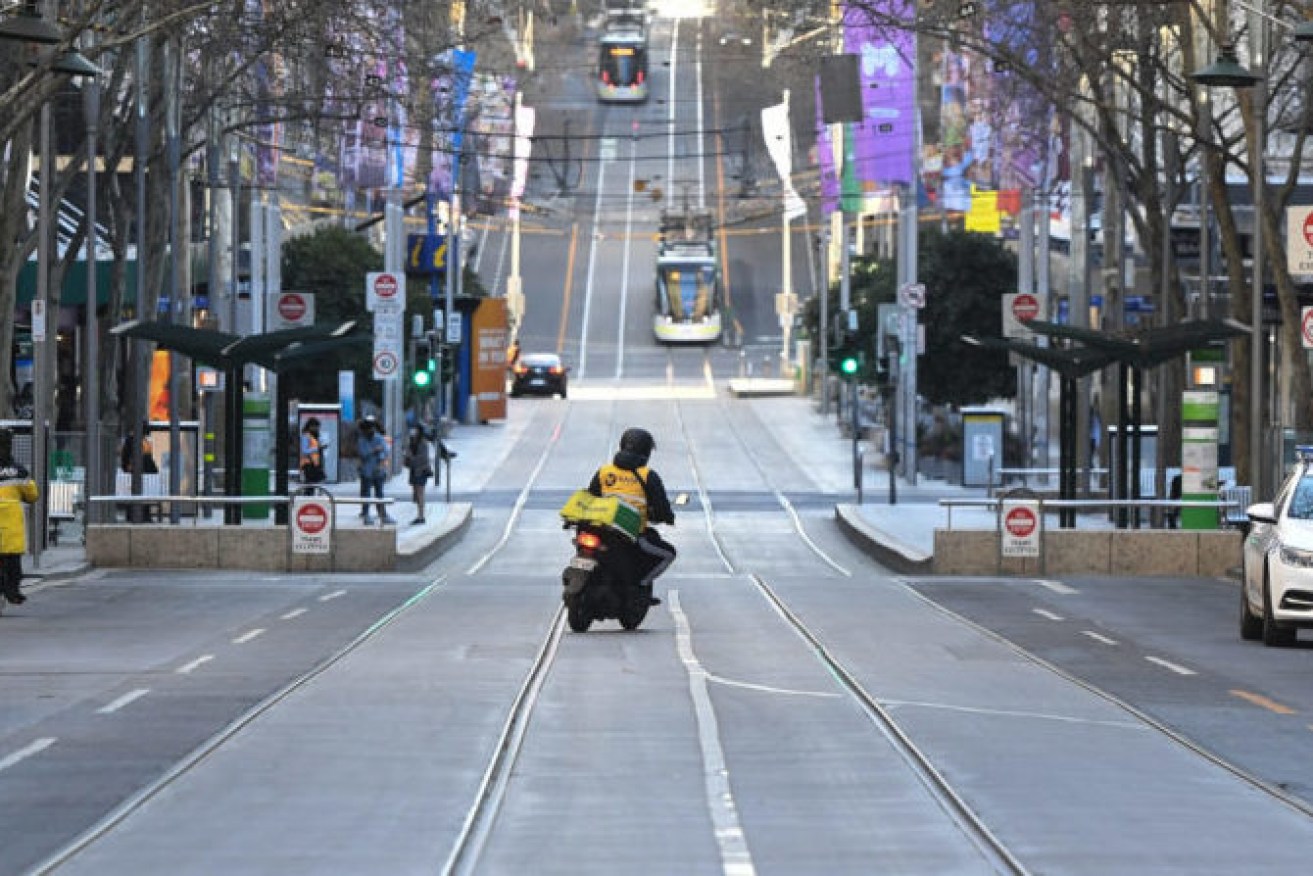The Fair Work Commission case on Tuesday is the first of its kind against Deliveroo and follows victory for a rider and the Transport Workers’ Union (TWU) in a similar case against Foodora in 2018. Foodora subsequently left the Australian market.
Diego Franco was sacked by Deliveroo in April after working for the company for three years, leaving him and his young family struggling financially.
Deliveroo said it sacked him because of slow deliveries, without giving a warning or specifying when the problem arose.
TWU National Secretary Michael Kaine said the case would be a test for the gig economy.
“Diego is bravely standing up against one of the biggest gig economy companies in the world.
“This case could have significant implications for the gig economy in Australia and, with the absence of Federal Government regulation in this sector, this is a way to hold companies to account,” he said in a statement.
Riders were regularly sacked without warning, had no minimum rates, no guaranteed wages, no right to sick leave and no adequate insurance cover if they got injured or killed while working, he said.
“These aren’t jobs and the workers have no rights,” he said.
A survey of delivery riders last month showed average earnings after costs was just more than $10 an hour, while almost 90 per cent had seen their pay decrease and 70 per cent said they were struggling to pay bills and buy food.
The TWU is separately taking a case for gross underpayment against Deliveroo and is appealing a Fair Work Commission ruling on UberEats over an unfair sacking.
-AAP













